VinFuture chooses to honor science serving humanity, connecting the world's best minds, affirming the belief that a developing country can also make a global mark.
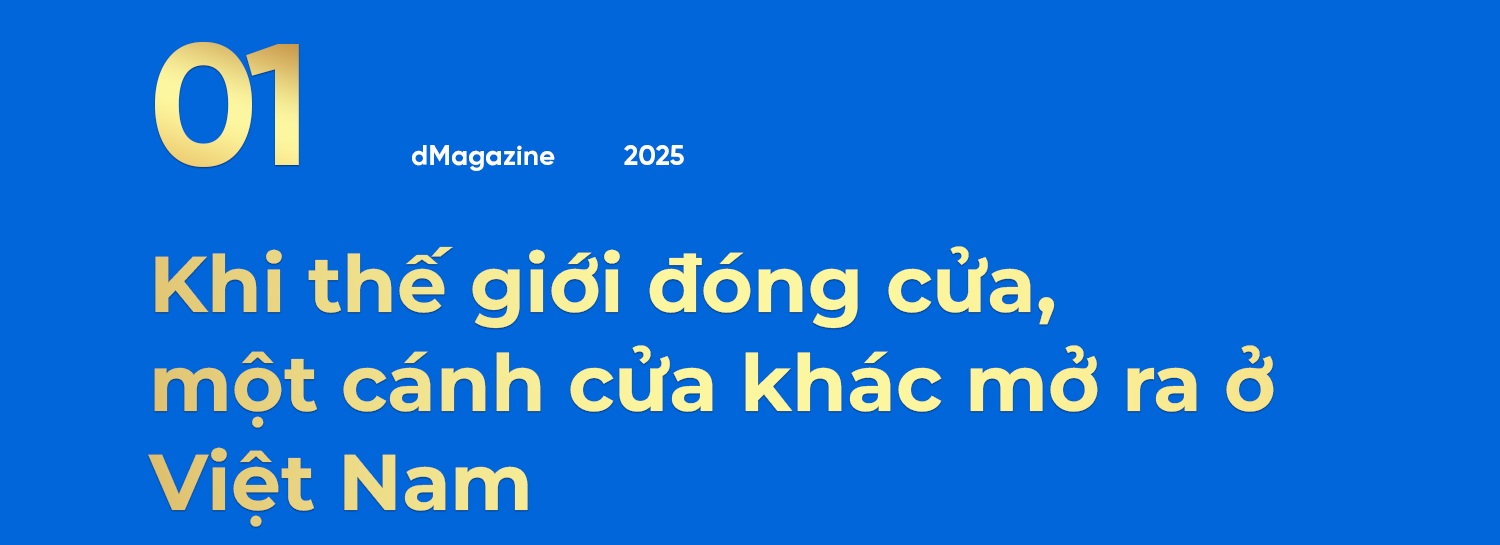
In December 2020, the Covid-19 pandemic brought humanity to an unprecedented standstill. Cities were silent, flights were frozen, and invisible borders separated people.
The events of 2020 have shown that more than ever, Vietnam needs to accompany the brilliant hearts and minds that are striving to promote the power of science and technology, helping the world overcome difficult challenges.
In that context, an announcement from Vietnam was made, quietly but decisively: Vietnam will organize an international science award in Hanoi . Because the founders of the award always believe that science and technology are the most important driving force to promote the strong development of humanity, and help create a more peaceful, prosperous and happier life for people around the world.
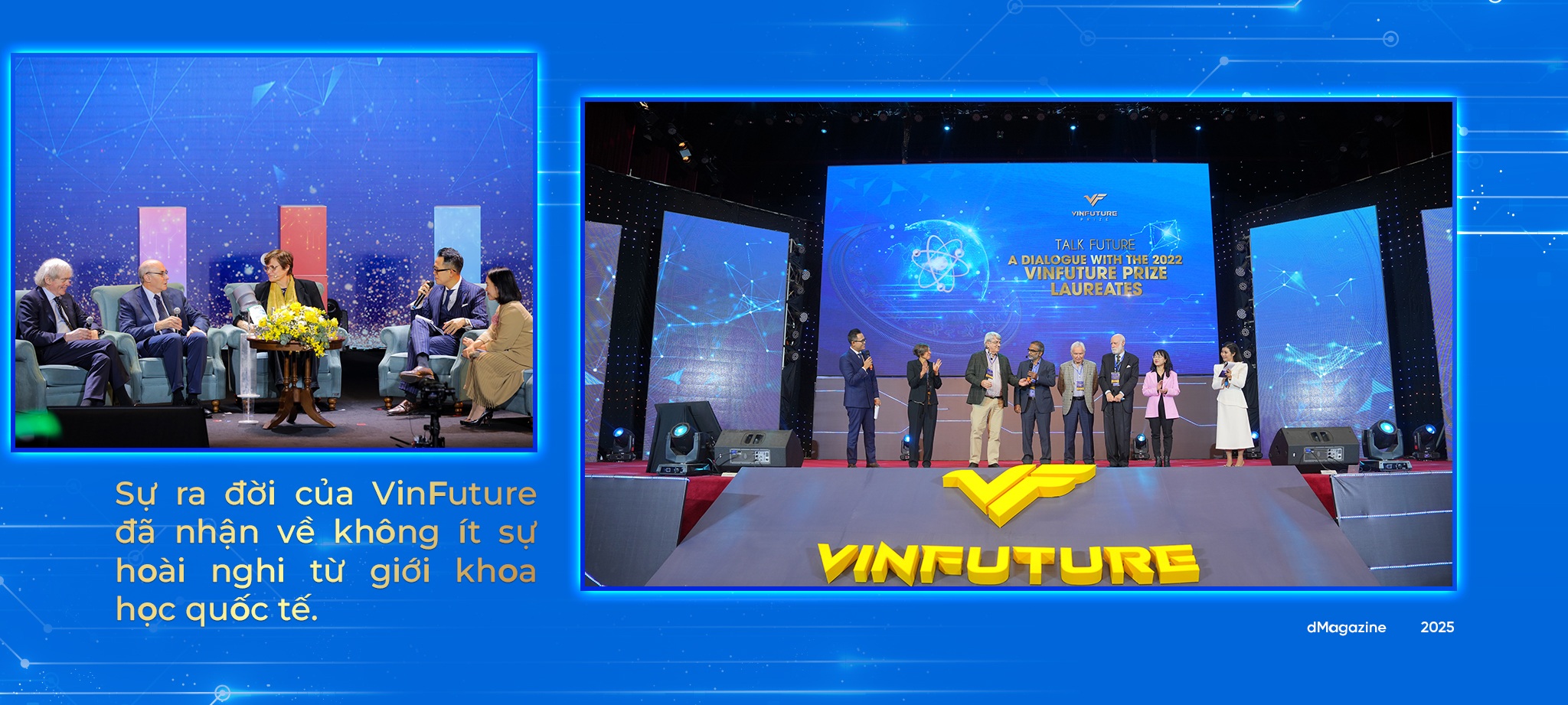
What is the basis for a new award to go the long way? How can a developing country with a fledgling scientific foundation ensure transparency and international standards in the award process? With the world's borders closed, can scientists be invited?
These concerns were expressed in emails sent to the mailboxes of Professor Nguyen Thuc Quyen (University of California, Santa Barbara, USA) and Professor Richard Henry Friend (University of Cambridge, UK) at that time. They wanted to verify the reputation of VinFuture through two scientists.
Meanwhile, from Hanoi, emails and online meetings across time zones continued, gradually turning skepticism into concern.
Without tradition, without precedent, without accumulated prestige, the only thing that the executives of the VinFuture Foundation and the VinFuture Prize firmly believed in in the early days was a different vision: Honoring science in service of humanity, prioritizing the real impact of scientific work on life and not waiting for the world to recognize it first.
Dr. Le Thai Ha - Executive Director of VinFuture Foundation - recalls: “In the early days, convincing the world's leading scientists to join the Prize Council and the Preliminary Council was a real challenge. VinFuture was very new, and coming from a developing country, many people wondered whether the prize could maintain its prestige and long-term influence.”
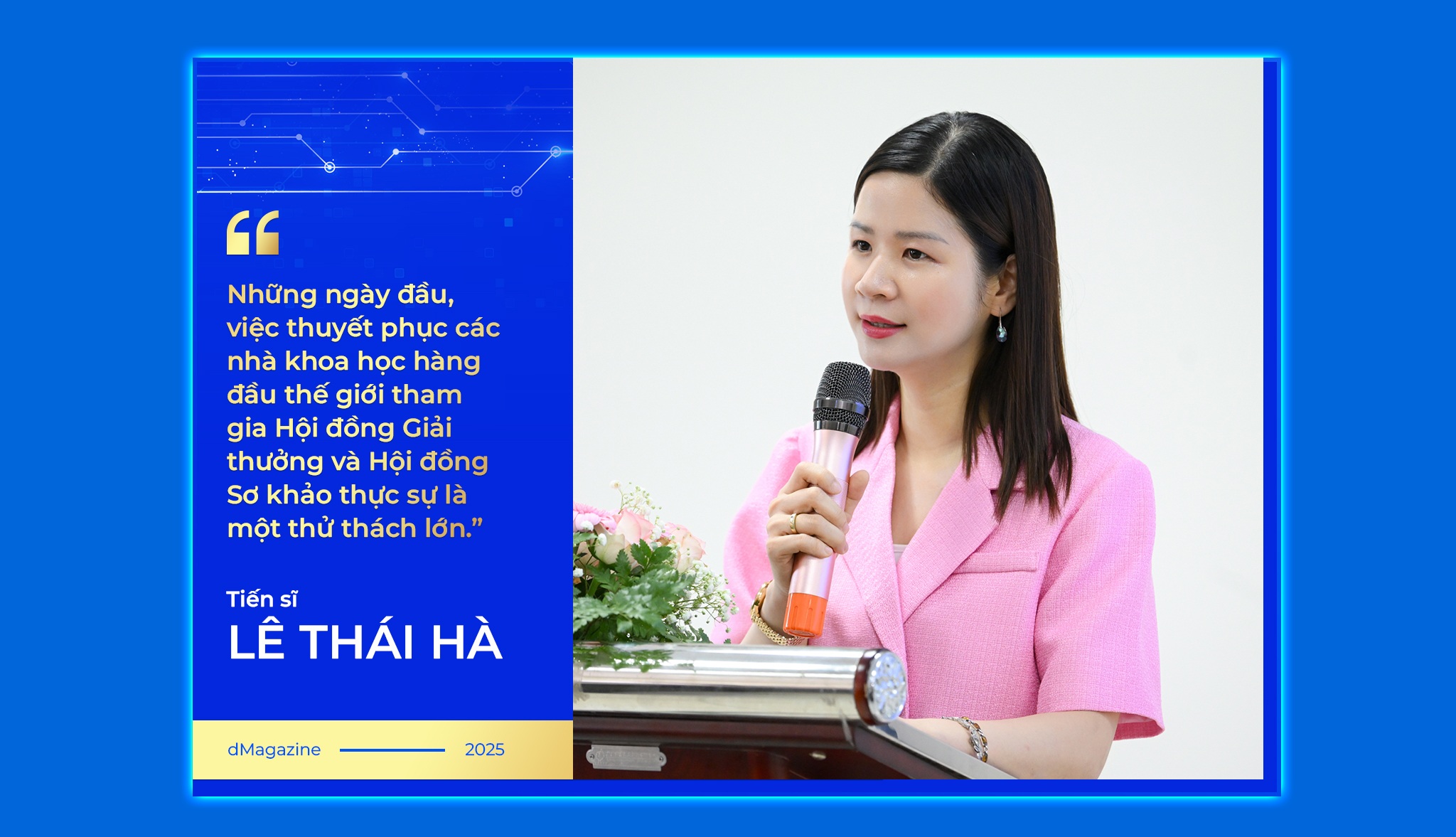
According to Ms. Ha, what made them nod was the Foundation's vision and philosophy - that science must serve people.
One of the important turning points was when Professor Michael Porter - an economist working at Harvard Business School, Harvard University, the father of the global competitive strategy theory - became one of the first supporters of this initiative.
He saw VinFuture as a human-scale idea, and his participation became the first brick laying the foundation for the journey that the Foundation is undertaking today.
The initial concerns were gradually replaced by positive responses. As renowned scientists gradually agreed to participate, the further invitations became easier. In addition to the founder's philosophy and vision, scientists also believed in the independence of the Prize Council.
While the pandemic continues, flights are restricted, borders are closed, and quarantine orders for international visitors are still in place, the whole world is hunkering down to fight Covid-19. But in Vietnam, another door has opened - the door of intellectual connection, gathering the world's best minds, dedicating themselves to science and bringing change to millions of lives.
Professor Quarraisha Abdool Karim, a South African scientist, shared his feelings when he stepped off the plane at Noi Bai airport in January 2022:

On stage at the first VinFuture Awards Ceremony, Professor Quarraisha Abdool Karim received a painting of dó paper and a trophy, honoring her with the VinFuture Special Prize for Scientists from Developing Countries.
Also at the inaugural Awards Ceremony, the Grand Prize was awarded to scientists for their discovery of mRNA vaccine technology against Covid-19. Two years later, this same technology was honored again with a Nobel Prize.
Meeting and honoring Dr. Katalin Karikó, Professor Drew Weissman (USA) and Professor Pieter Cullis (Canada) - who have saved billions of lives around the world in the midst of the pandemic - was an unforgettable experience for many people.
Amid the pandemic, Hanoi - Vietnam has become a symbol of courage, pioneering spirit and dedication. “Right at the Award Ceremony, I felt the whole world converging, spreading hope and opening up new opportunities,” Professor Richard Henry Friend shared. On January 20, 2022, the weather was cold but the VinFuture ceremony hall was warm, marking the beginning of a new journey for world and Vietnamese science.
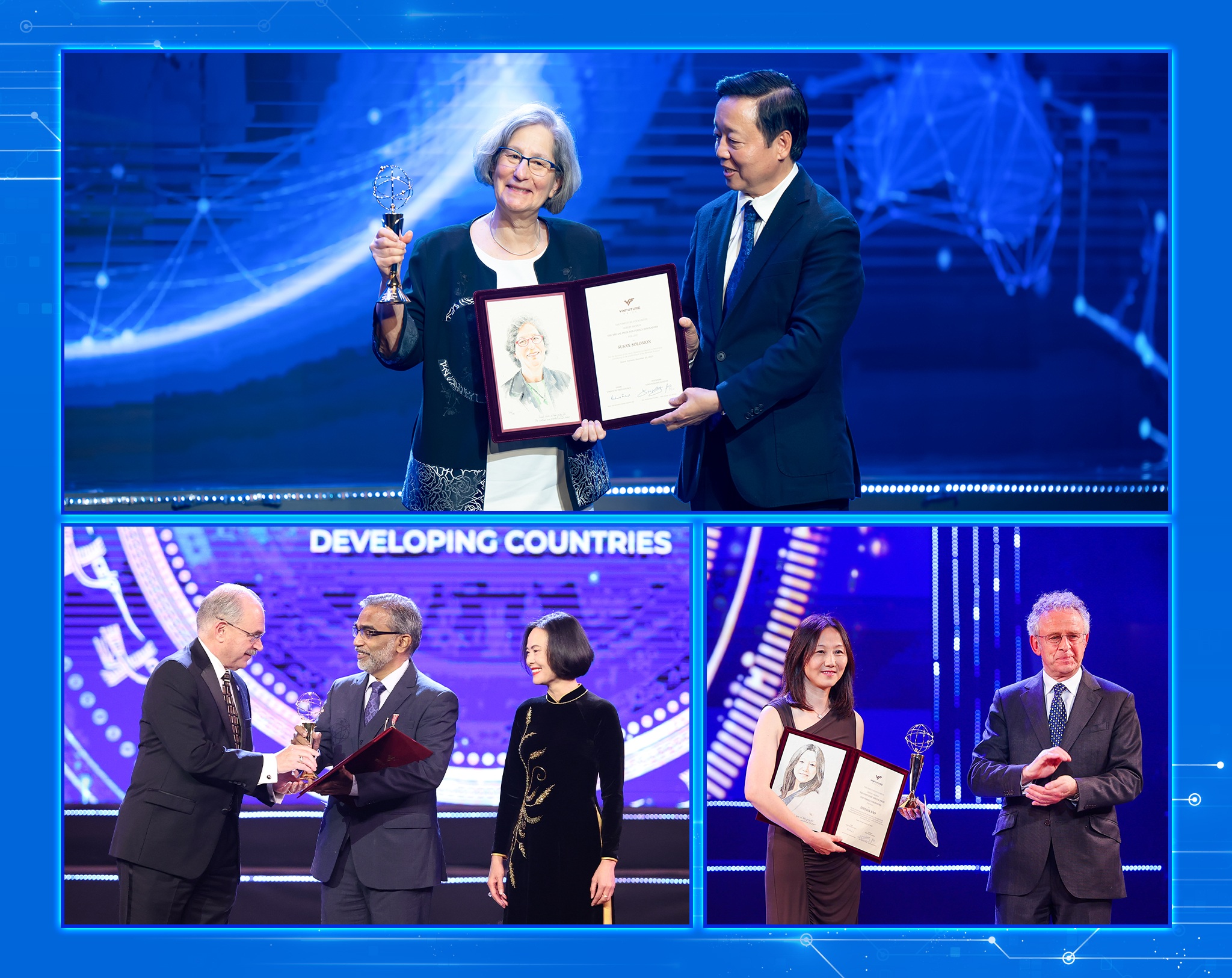

Looking back on VinFuture’s five-year journey, Ms. Le Thai Ha summed up the experience in three words: Trust, Connection, and Service. These three words reflect how a new science prize, originating from Vietnam, has gradually found its place in the global scientific community.
The belief started with a simple but bold idea: Vietnam could become a destination for outstanding scientists, where scientific values are not only recognized but also spread humanistic impacts to the global community.
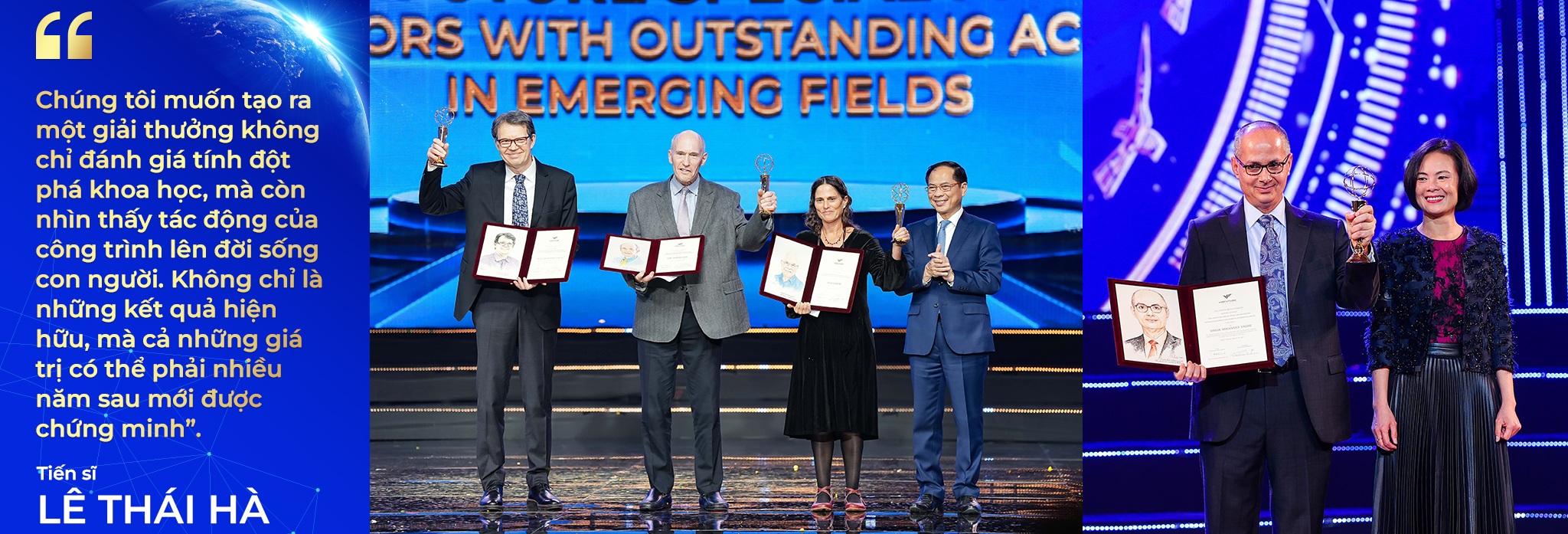
It is from this belief that, right from the beginning of VinFuture, the founders have positioned a different direction. In the world, there have been many major awards, which honor major breakthroughs in basic science and technology.
VinFuture, from Vietnam, has chosen its own path: Honoring technologies that bring practical benefits to human life, especially solutions that can reach disadvantaged groups, at affordable costs and with long-term impact. It is this direction that makes the award unique in the eyes of the international scientific community.
In addition, the difference of VinFuture lies in recognizing the fundamental steps in the research journey - from the initial ideas to the important implementation stages - while many other international awards often only honor achievements at the final stage.
From the second season, VinFuture continues to mark a turning point with its connection strategy - not only stopping at honoring scientists, VinFuture expands its role to supporting scientific projects, connecting researchers together, creating conditions for ideas to develop into highly feasible projects, thereby spreading long-term impacts to the community. This is also the way VinFuture realizes the value of service - the red thread running through all decisions of the Fund.
Following VinFuture over the years, it is easy to see that the Award Council often discovers and honors new elements, people who have not really been recognized before. This can be considered a risk, but they are still steadfast with bold, new, discovery and pioneering assessments.
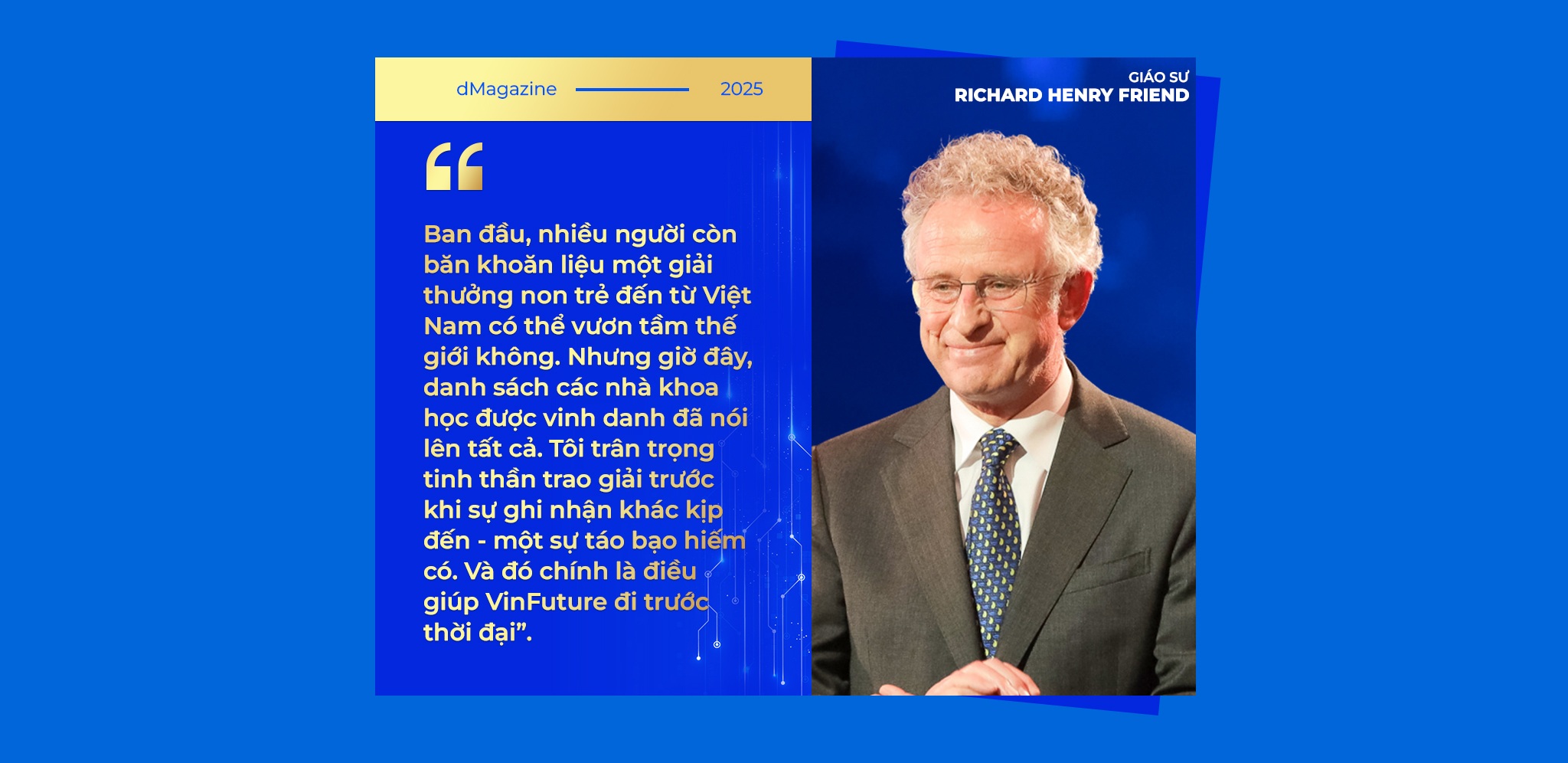

VinFuture's 5-year journey is a living proof that an initiative originating from a developing country can create a global impact. 5 seasons, 6,132 nominations, 14,772 nominating partner scientists, of which 1,395 are in the top 2% of the world - these numbers are the basis for the scientific community to increasingly place its trust.
From mRNA vaccines that save billions of lives, to PERC solar cells and Lithium-ion batteries that help expand global green energy, or advances in deep learning that usher in the era of artificial intelligence, VinFuture has chosen to honor works that are directly related to human life, not just theoretical breakthroughs.
On the VinFuture stage every year, there are always faces and stories that, as Professor Friend often says, are “big stories, powerful enough to change the world”.
This is the story of Dr. Karikó, a scientist who immigrated to Germany at the age of 58. At that age of near retirement, she stubbornly continued to pursue her research on mRNA, despite the gossip, and became a hero to the world at the age of 67.

That is the story of Professor Shimon Sakaguchi - the first person to discover regulatory T cells (Treg). Two years ago, he participated in VinFuture Science and Technology Week to share about his arduous journey of 30 years of tireless exploration of the Treg mechanism - the foundation that opens up hope for treating autoimmune diseases. Last October, he became the owner of the 2025 Nobel Prize in Medicine.
The real strength of VinFuture lies not only in the list of honorees. Professor Richard Henry Friend commented that Vietnam proactively grasps the opportunities that science and technology bring to society, economy, education and employment. The opportunity to meet outstanding scientists becomes a catalyst, inspiring researchers and the young generation of Vietnam.
“I feel a strong desire to make good things happen in Vietnam. Meeting people who have made a difference globally will inspire confidence that Vietnamese people can absolutely do great things,” he affirmed.
In its five years of existence, VinFuture has turned the belief that Vietnamese people can contribute to global knowledge into reality. Although not long, this journey is long enough for a bold idea to become a symbol and to prove that an award born in Vietnam can resonate globally.
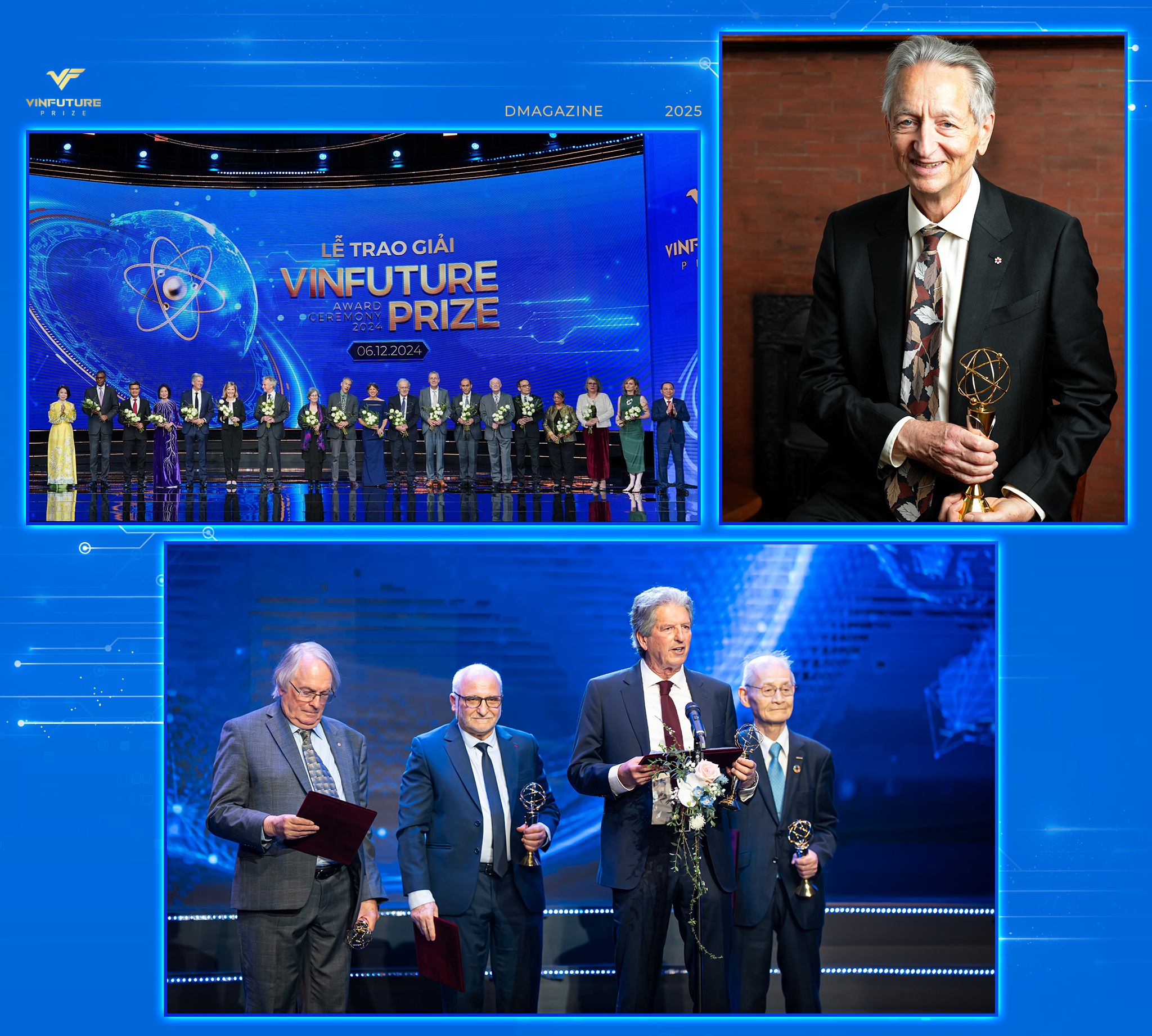
Design: Khuong Hien
Source: https://dantri.com.vn/khoa-hoc/vinfuture-hanh-trinh-tu-giac-mo-viet-nam-den-giai-thuong-khoa-hoc-toan-cau-20251125114445264.htm


![[Photo] Close-up of heavy damage at the school located on the banks of the Ban Thach River](/_next/image?url=https%3A%2F%2Fvphoto.vietnam.vn%2Fthumb%2F1200x675%2Fvietnam%2Fresource%2FIMAGE%2F2025%2F11%2F26%2F1764152130492_ndo_bl_img-8188-8805-jpg.webp&w=3840&q=75)





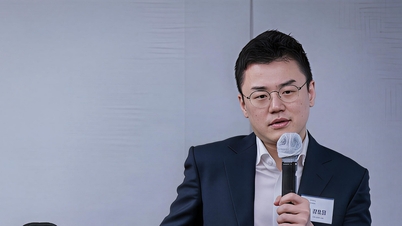

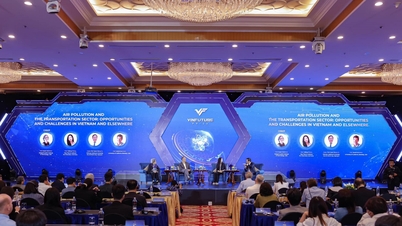
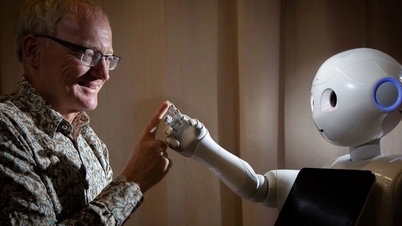
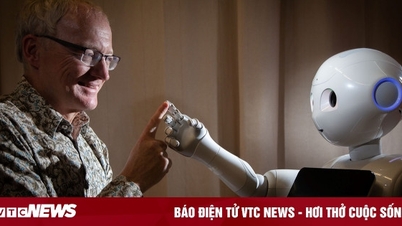

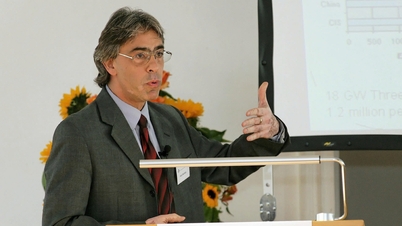
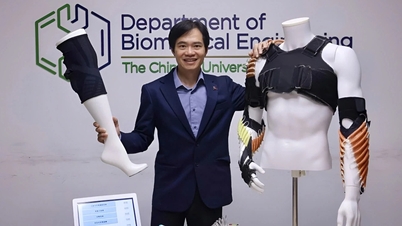
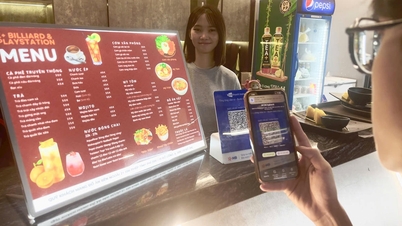



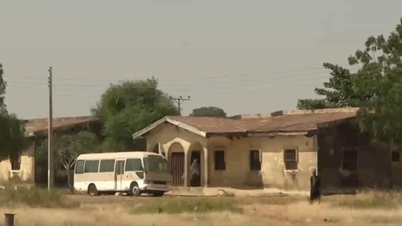



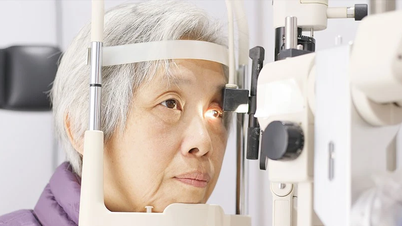





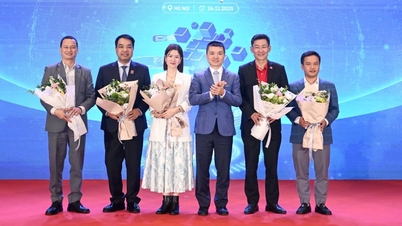
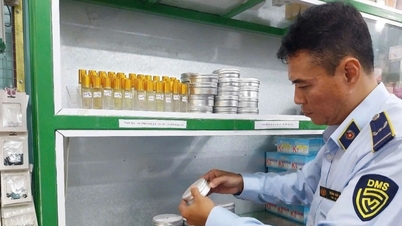
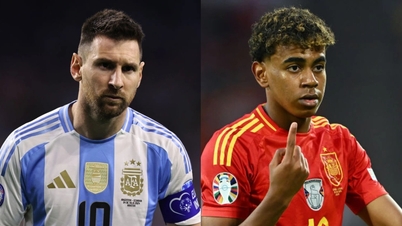
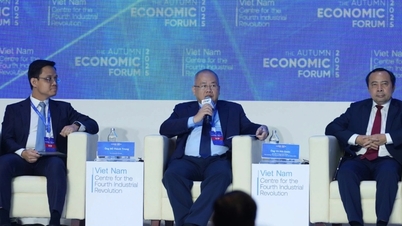
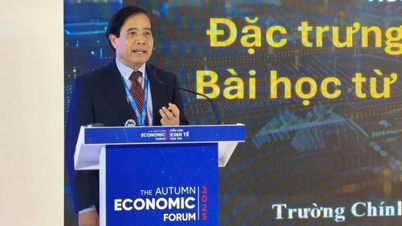
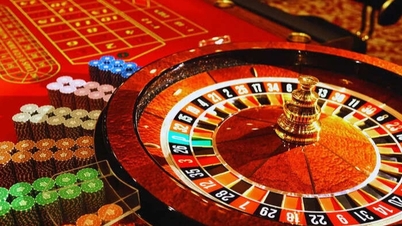


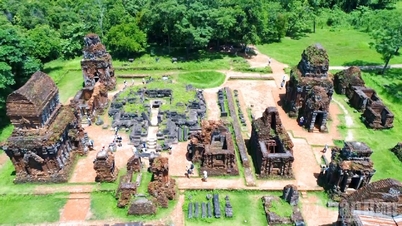

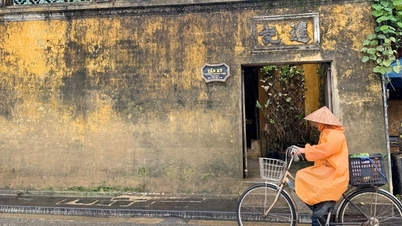



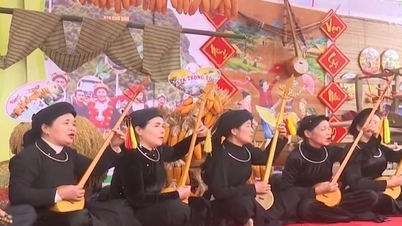

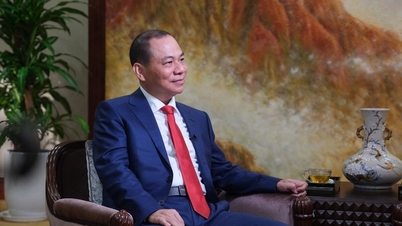

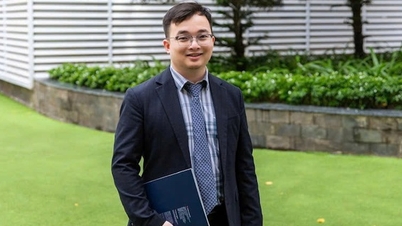

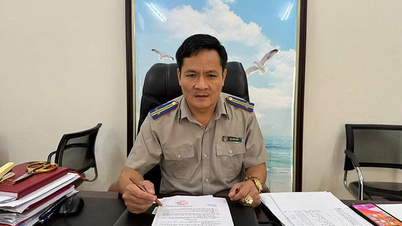

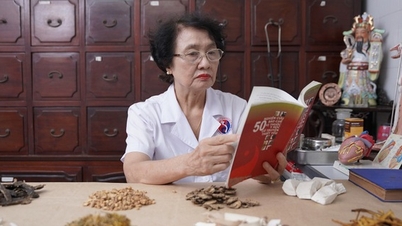

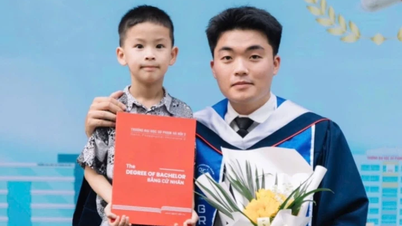
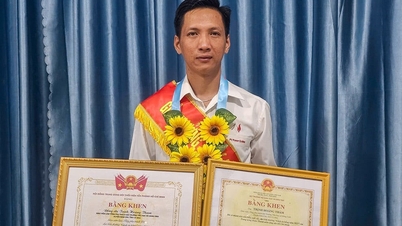

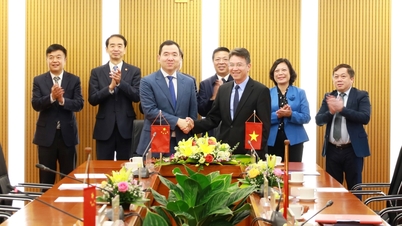


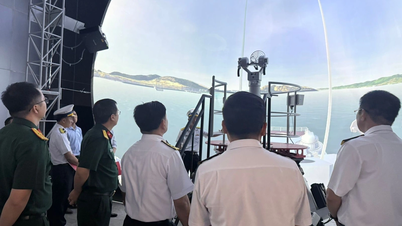
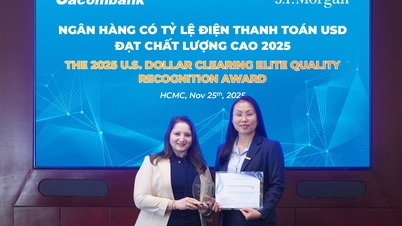

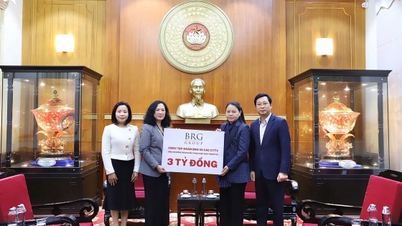

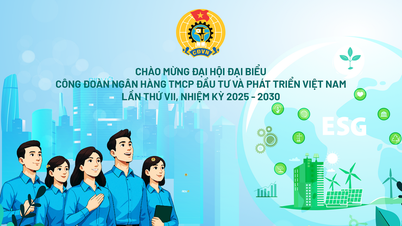






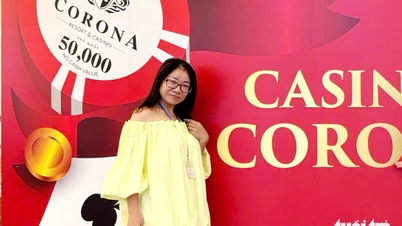

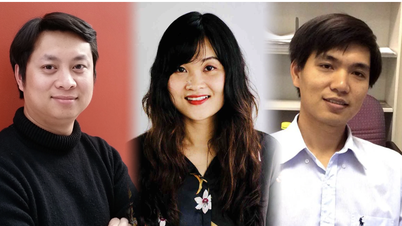

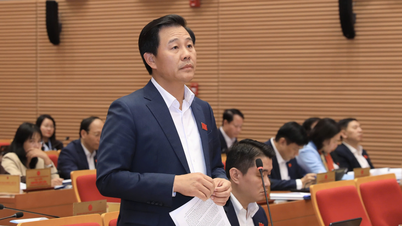
![[Photo] Opening of the 28th Session of the Hanoi People's Council](https://vphoto.vietnam.vn/thumb/402x226/vietnam/resource/IMAGE/2025/11/26/1764155991133_image.jpeg)


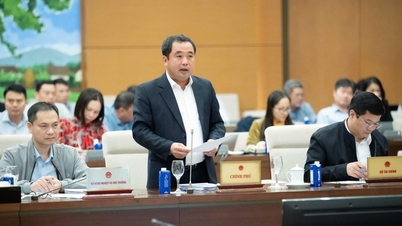
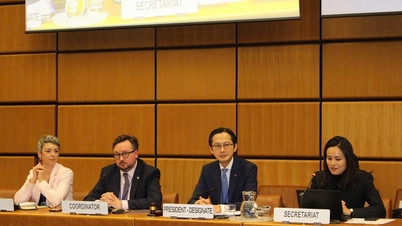

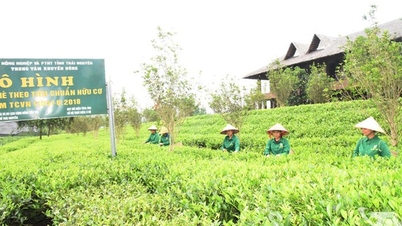
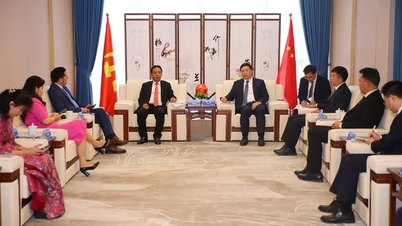
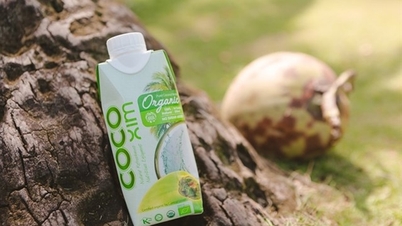




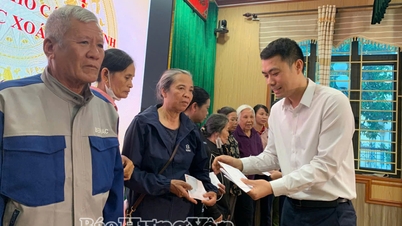
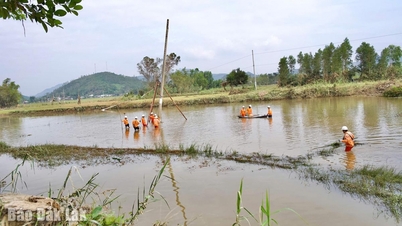

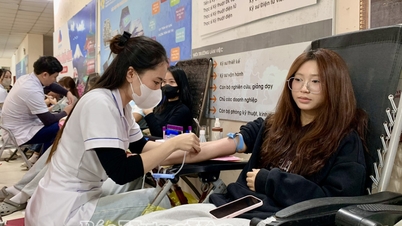
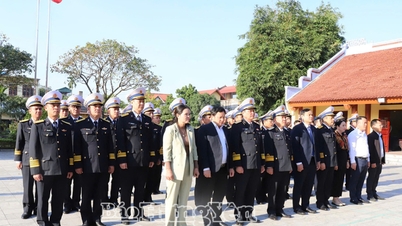
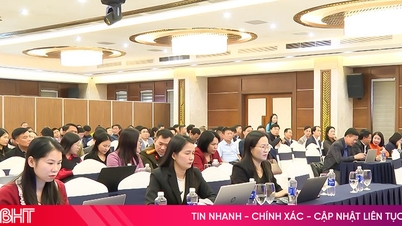











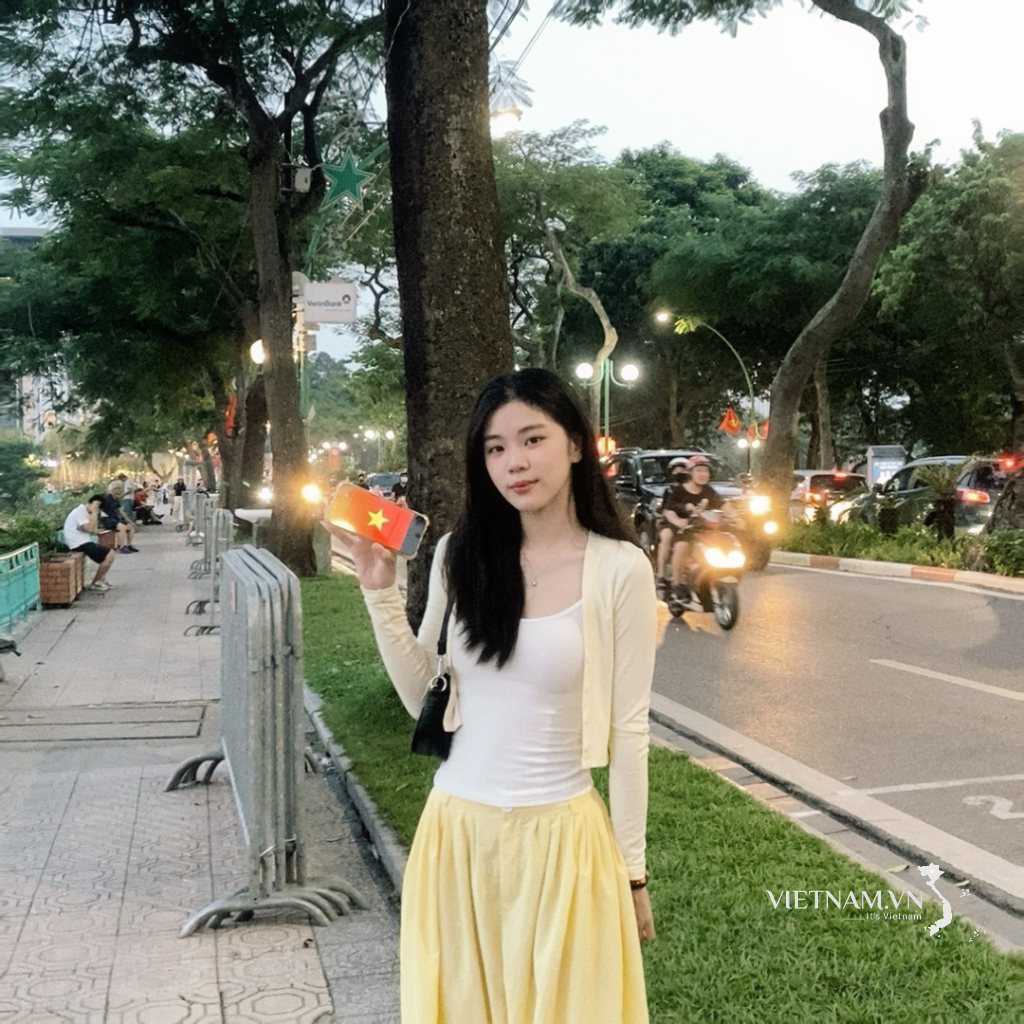


Comment (0)